Yet, a winning national team can easily produce such a response. The 2014 Olympics, in which the Chileans fielded only two athletes—both skiers—provide an excellent counter example. Coverage of the games was hard to find, even on the nightly news, and I didn’t know a single person who knew when the Olympic games were scheduled, let alone planned to watch. On the other hand, the national fútbol team was impossible to ignore. The supermarkets and home improvement store were covered in promotional products. Corner tiendas were suddenly filled with flag themed hats, banners, and noisemakers, and on game day, at least half of the people I passed on the street were clad in red, after the team’s uniforms. Facebook was filled with funny memes relating to the team before the game, during play with nervous statements and goal celebrations, and after with photos of people celebrating in the street. There was clearly excitement about the team’s chances. Excitement over the World Cup was not at all about being part of a world event, but was an expression of national pride and focused on the Marea Roja’s potential to come out on top.
So, then, I wondered what would happen when the team lost. I hoped, of course, that wouldn’t actually happen. That they would fulfill that potential and defeat every opponent they encountered. Unfortunately, last Saturday in a nail-biting game against Brazil, in which the home team was literally brought to their knees, the Chilean team lost. As the game ended with Gary Medel crying on screen, I expected complaints from fans. Perhaps they would blame the referees. Perhaps particular Brazilian players would be singled out for exaggerated trips or other unfair play. Maybe the coach, Jorge Sampaoli would be chastised. Or possibly, even, certain Chilean players would be blamed for mistakes.
But what I found was a great outpouring of pride. “They left everything on the field,” countless memes proclaimed. Other variations included
“Proud to be Chilean”
“They gave everything. Thank you men. Chile is grand!”
“Thanks Chilean [team] for leaving Chileans with a proud name.”
“We lost but I’m happy about the last match. Chile gave everything that they could. They beat Australia, the put the fear in Holland, they put Spain on the airplane home, and they had Brazil on their knees. I love you Chile. Conchatumareeeeee”
Northern Chileans still maintain that they are forgotten by national politics and leaders. Their “national pride” is not one of blind adherence to national logics, agendas, or belonging. Rather the underdog status of the Marea Roja worked in parallel with Hospiceños underdog status within the nation. Just as they proclaimed during the recent earthquake that “Hospicio is Chile too,” with the national team’s successes and even close loss, it was as if they claimed “Chile is a formidable fútbol nation too!”
The World Cup on Social Media Worldwide
Seeing Red: Watching the World Cup in Northern Chile
Part of the Red Sea: Watching the World Cup in Northern Chile
Where is the South American Futball Unity?
Alter, Joseph
1994 Somatic Nationalism: Indian Wrestling and Militant Hinduism. Modern Asian Studies 28(3):557-588.
Bernett, H.
1966 Nationalsozalistische Leibserziehung Schorndorf bei Stuttgart: Verlag Karl Hofmann.
Cho, Younghan
2009 Unfolding Sporting Nationalism in South Korean Media Representations of the 1968, 1984 and 2000 Olympics. Media, Culture, and Society 31(3): 347–364.
Deleuze, Gilles, and Felix Guattari
1987 A Thousand Plateaus: Capitalism and Schizophrenia. Brian Massumi, trans. Minneapolis: University of Minnesota Press.Dibbits 1986
Goldberg, David Theo
2002 The Racial State. Malden: Blackwell Publishers.
Hansen, Thomas Blom and Finn Stepputat
2006 Sovereignty Revisited. Annual Review of Anthropology 35:295-315.
Levermore, R.
2004 Sport’s Role in Constructing the “Inter-state” Worldview. In Sport and International Relations: An Emerging Relationship. R. Levermore and A. Budd, eds. pp. 16–30 London and New York: Routledge.
Moodie, Ellen
2005 Microbus Crashes and Coca-Cola Cash: The Value of Death in “Free-Market” El Salvador. American Ethnologist 33(1):63-80.
Ong, Aihwa
2004 Cultural Citizenship as Subject Making: Immigrants Negotiate Racial and Cultural Boundaries in the United States. In Life in America: Identity and Everyday Experience. Lee D. Baker, ed. Pp.156-178. Malden, CT:Blackwell.
Richardson, Diane
1998 Sexuality and Citizenship. Sociology 32:83-100.
Riordan, J.
1977 Sport and Soviet Society. Cambridge: Cambridge University Press.
Rowe, David
1999 Sport, Culture, and the Media: The Unruly Trinity. Buckingham: Open Univeristy Press.
Stychin, Carl Frederick
1998 A Nation By Rights: National Cultures, Sexual Identity Politics, and the Discourse of Rights. Philadelphia: Temple University Press.
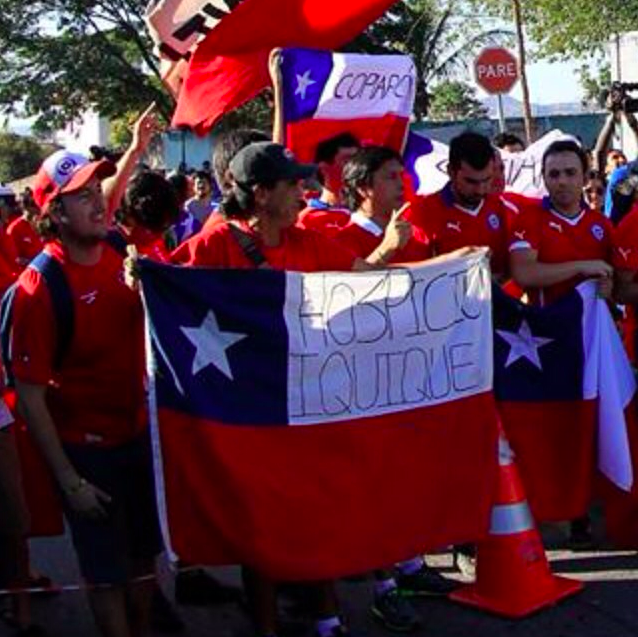
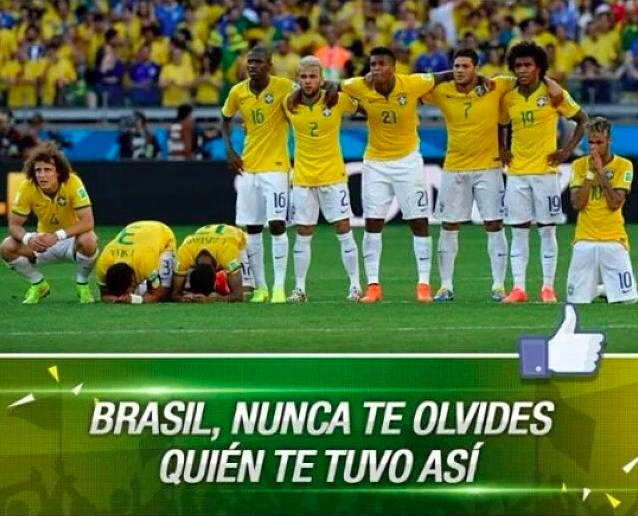
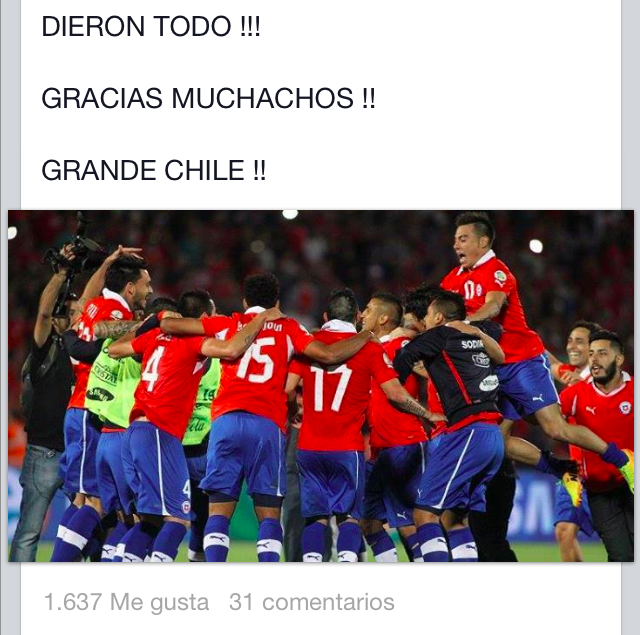
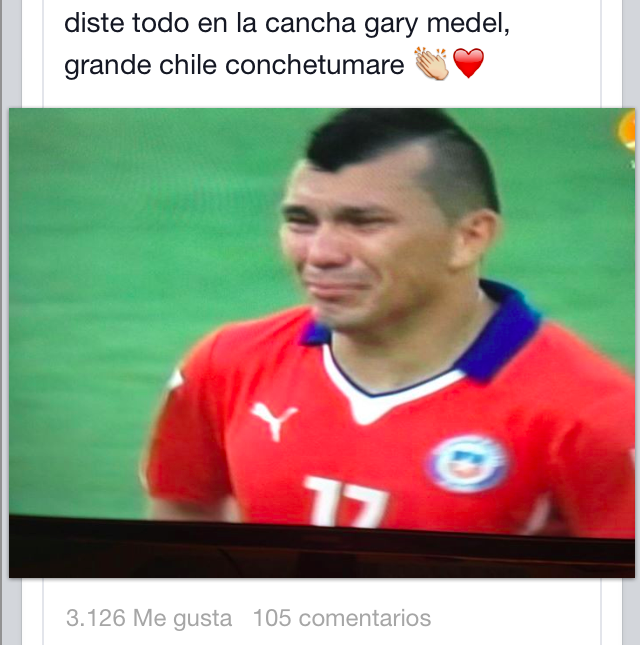
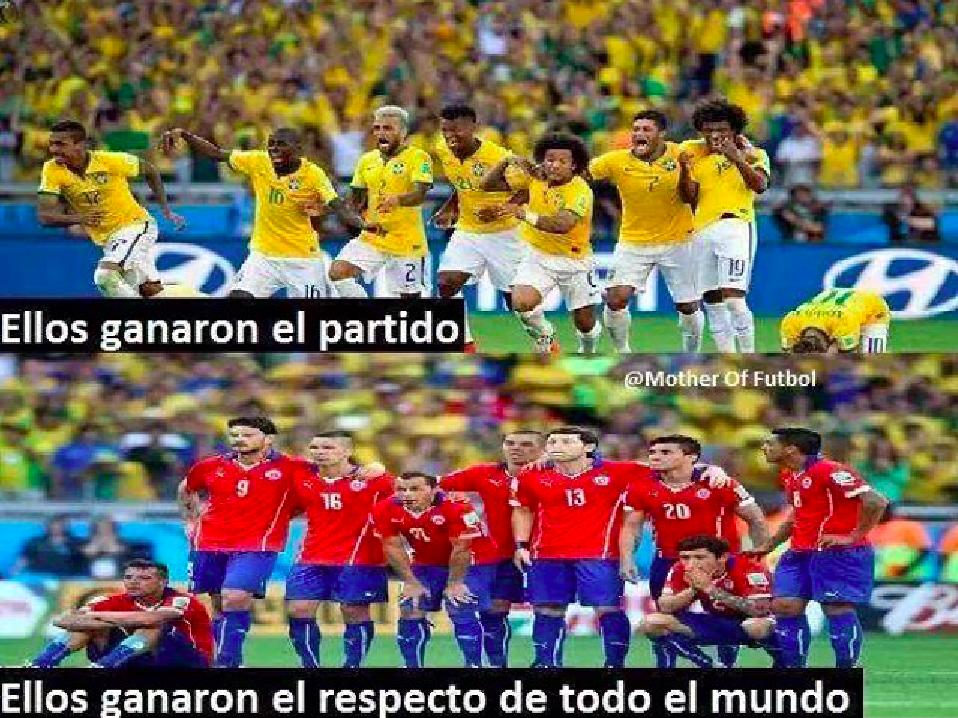
 RSS Feed
RSS Feed
